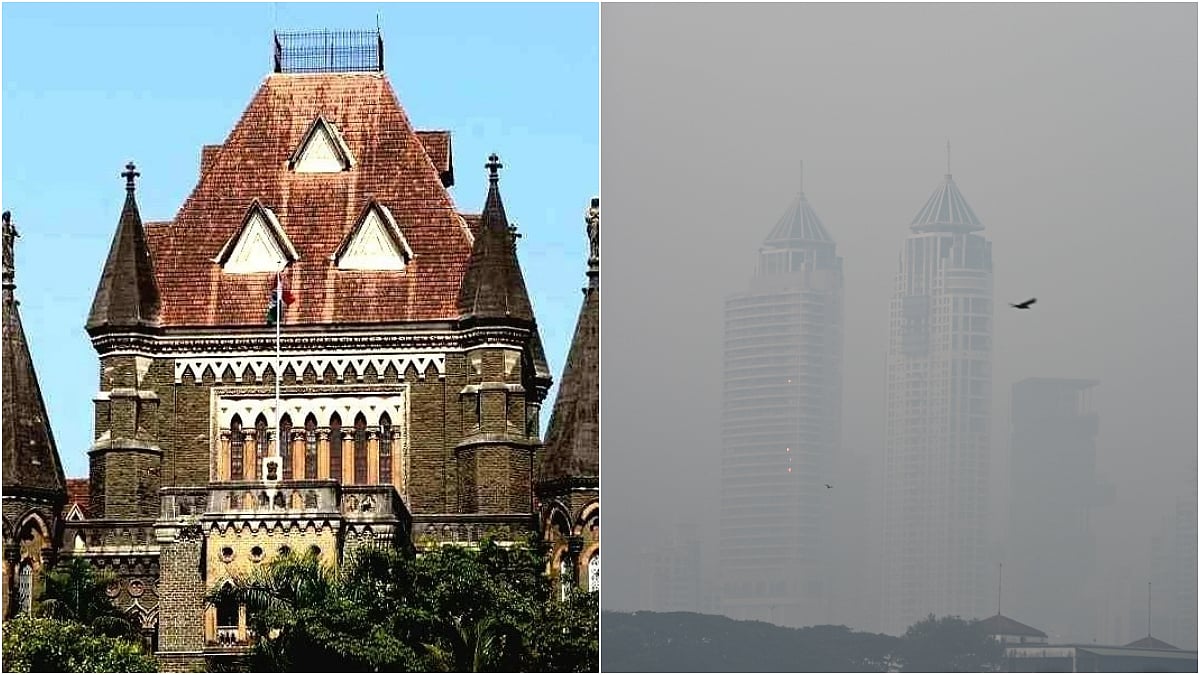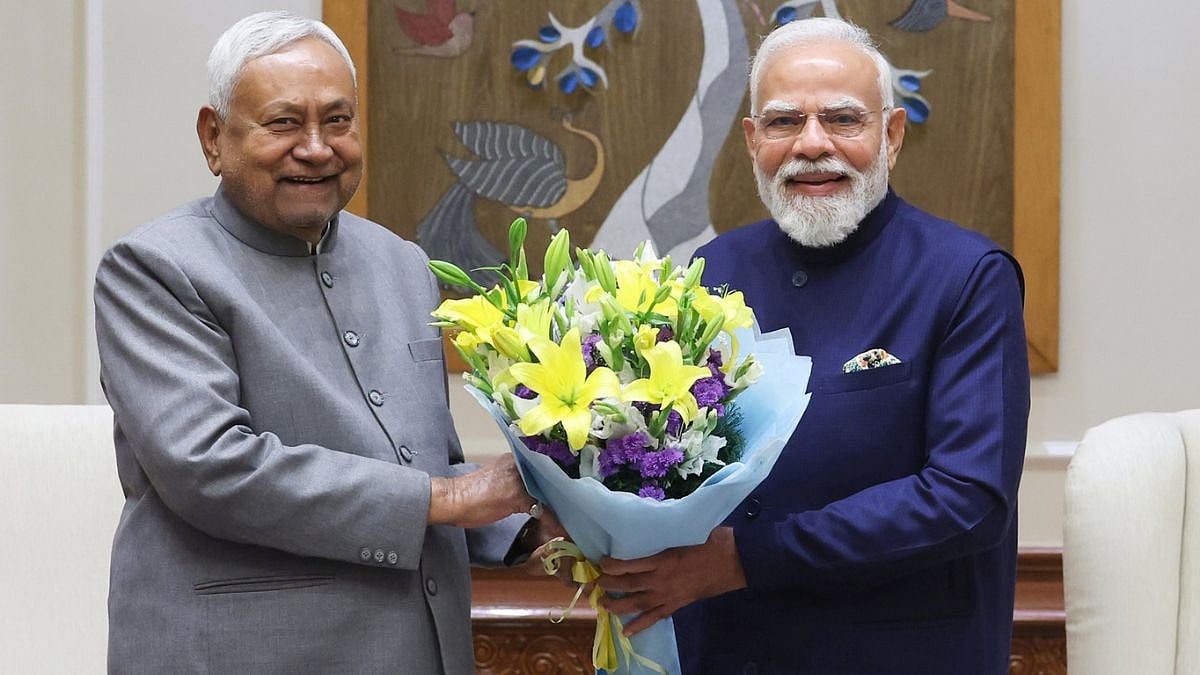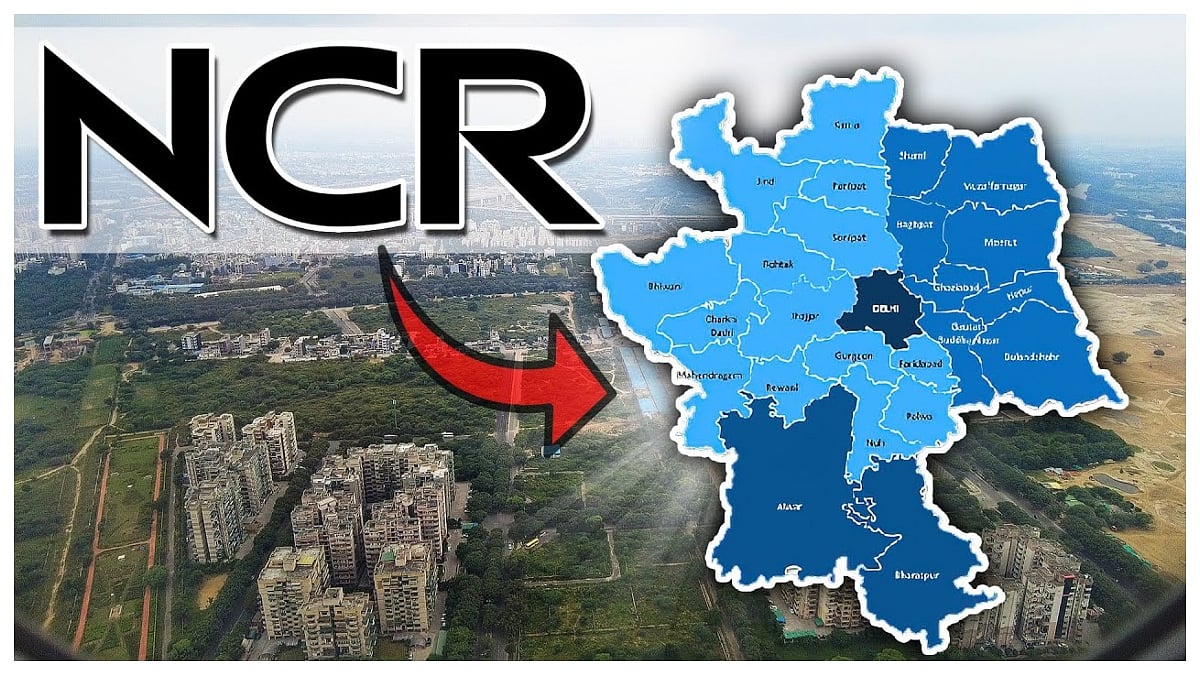The finance ministry on Wednesday said it will issue certificates of appreciation to over 54,000 GST payers for timely filing of returns and cash payment of the tax, to mark the fourth anniversary of the historic tax reform Goods and Services Tax.
More than 66 crore GST returns have been filed so far and lower rates have helped increased tax compliance, the ministry said, adding GST revenues have steadily grown and have been above the Rs 1 lakh crore mark for eight consecutive months in a row.
The GST, which subsumed 17 local levies like excise duty, service tax and VAT and 13 cesses, was rolled out on July 1, 2017.
"On the eve of completion of 4 years of the GST, it has been decided to honour the tax payers who have been a part of the GST success story.
"A data analytics exercise was hence undertaken by the Central Board of Indirect Taxes and Customs to identify taxpayers who have made substantial contribution in payment of GST in cash along with timely filing of returns. As a result, 54,439 taxpayers have been identified," the ministry said in a statement.
More than 88 per cent of these taxpayers are MSMEs, with micro (36 per cent), small (41 per cent) and medium enterprises (11 per cent) involved in the supply of goods and services spread across all states/union territories, it added.
The Central Board of Indirect Taxes and Customs (CBIC) will be issuing certificates of appreciation to these taxpayers.
The Goods and Services Tax Network (GSTN) will be sending out the certificates of appreciation to individual taxpayers by e-mail. The taxpayers will be able to print and display these certificates.
"...This step marks the first effort by the Government to directly communicate to the GST taxpayers for their contribution," it added.
Notably, the income tax department too sends out 'certificates of appreciation' to individual taxpayers in various categories on the basis of the level of taxes paid by them.
Businesses with an annual turnover of up to Rs 40 lakh are exempt from GST. Additionally, those with a turnover up to Rs 1.5 crore can opt for the composition scheme and pay only 1 per cent tax.
For services, businesses with turnover up to Rs 20 lakh in a year are GST exempt. A service provider having turnover up to Rs 50 lakh in a year can opt for composition scheme for services and pay only 6 per cent tax.
Prime Minister Narendra Modi too lauded GST on its completion of four years.
"GST has been a milestone in the economic landscape of India. It has decreased the number of taxes, compliance burden & overall tax burden on common man while significantly increasing transparency, compliance and overall collection," he tweeted.
The finance ministry said it is now widely acknowledged that GST is both consumer- and taxpayer-friendly.
"While high tax rates of the pre-GST era acted as a disincentive to paying tax, the lower rates under GST helped to increase tax compliance. More than 66 crore GST returns have been filed so far," it said in a series of tweets.
The multiple markets across India, with each state charging a different rate of tax, led to great inefficiencies and costs of compliance. Under GST, compliance has been improving steadily, with around 1.3 crore taxpayers registered, the ministry said.
"The Government is committed to continuous improvement of taxpayer services and seeks the cooperation of all taxpayers for their voluntary compliance and contributing to national development for a strong and resilient India," it said.
The ministry added that the country meets its obligations towards spending in various social sectors and welfare schemes and infrastructure development out of revenues mobilised through tax payments by millions of honest taxpayers.
Tweeting with the hashtag '4yearsofGST', the ministry said GST has reduced the rate at which people have to pay tax.
"The revenue neutral rate as recommended by the RNR (revenue neutral rate) Committee was 15.3 per cent. Compared to this, the weighted GST rate at present, according to the RBI, is only 11.6 per cent." GST has significantly eased one of the most complex indirect tax systems and a company looking to do business in every state had to make as many as 495 different submissions. Under GST, that number has reduced to just 12, it said.
"GST has replaced the complex indirect tax structure with a simple, transparent and technology-driven tax regime and has thus integrated India into a single common market.
"With the continuous simplification of procedures and rationalisation of rate structures so as to make GST compliance easy for common man as well as the trade, we have been able to achieve economic integration of the country with a humane touch," the ministry added.
Under GST, a four-rate structure that exempts or imposes the lowest rate of 5 per cent tax on essential items and top rate of 28 per cent on cars is levied. The other slabs of tax are 12 and 18 per cent. In the pre-GST era, the total of VAT, excise, CST and their cascading effect led to 31 per cent as tax payable, on an average, for a consumer.
GST also represents an unprecedented exercise in fiscal federalism. The GST Council, that brings together the central and state governments, has met 44 times to thrash out how the tax will work.
EY Tax Partner Abhishek Jain said looking at the past four years since the introduction of GST, one can say it has been a challenging but exciting journey, with most stakeholders including the government leveraging the use of technology to ensure compliance and as a measure of fraud check.
"Various amendments have been brought in during the years to smoothly transit into the vision of 'One Nation One Tax', and it is expected that even the excluded sectors will find their way into the GST ambit sooner or later," Jain added.
He said a lot of areas are still to be debated upon, especially topics such as continuation of compensation cess, inclusion of excluded sectors, divergent Advance Authority rulings, rate rationalisations, among others.









